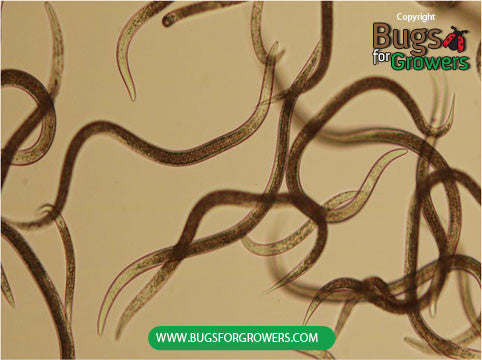Red imported fire ants
Damage caused by the Red imported fire ants
Red imported fire ants are the most notorious and difficult pests to control and considered as the major agricultural and urban pest. These ants can be medically harmful to humans and animals. Red imported fire ants generally invade and built mounds in the home lawns, school yards, athletic fields, golf courses and parks. When these mounds are disturbed, they will aggressively attack, bite and sting the intruder. Sting will cause burning and itching, and formation of a white pustule at the sting site. Scratching of these pustules can lead to secondary infection of bacteria and formation of pus.
Facts (show all)
- Common names
-
- Red imported fire ants
- Scientific name
-
- Solenopsis invicta
- Identification
-
Adults: Adults of red imported fire ants are red to brown in color with two segmented pedicel and sting at the tip of the gaster.
Eggs: Eggs of red imported fire ants are white and very tiny.
Larvae: Mature larvae of red imported fire ants are whitish in color and very small.
Pupae: Pupae of red imported fire ants are white to brown in color.
- Biology
-
The life cycle of red imported fire ants begins with the formation of new colony. Briefly, Females of red imported fire ants mate during flight. These mated females then become queen that starts looking for a suitable site for nesting to laying eggs. Once queen finds proper site, she will shed her wings, then burrow in the soil where she will make a chamber and lay eggs. Within 3-4 weeks, eggs will hatch into small larvae that are generally fed by worker ants until they turn into pupae. Adult workers emerge from these pupae and start foraging, caring for the queen and brood, and expanding mound size. Once a colony is mature, second generation winged females will be formed for mating and starting a new colony.
- Organic Control of the Red imported fire ants
-
- Following beneficial bugs are used for organic control of Red imported fire ants
- Beneficial Nematodes
-
- Steinernema carpocapsae

